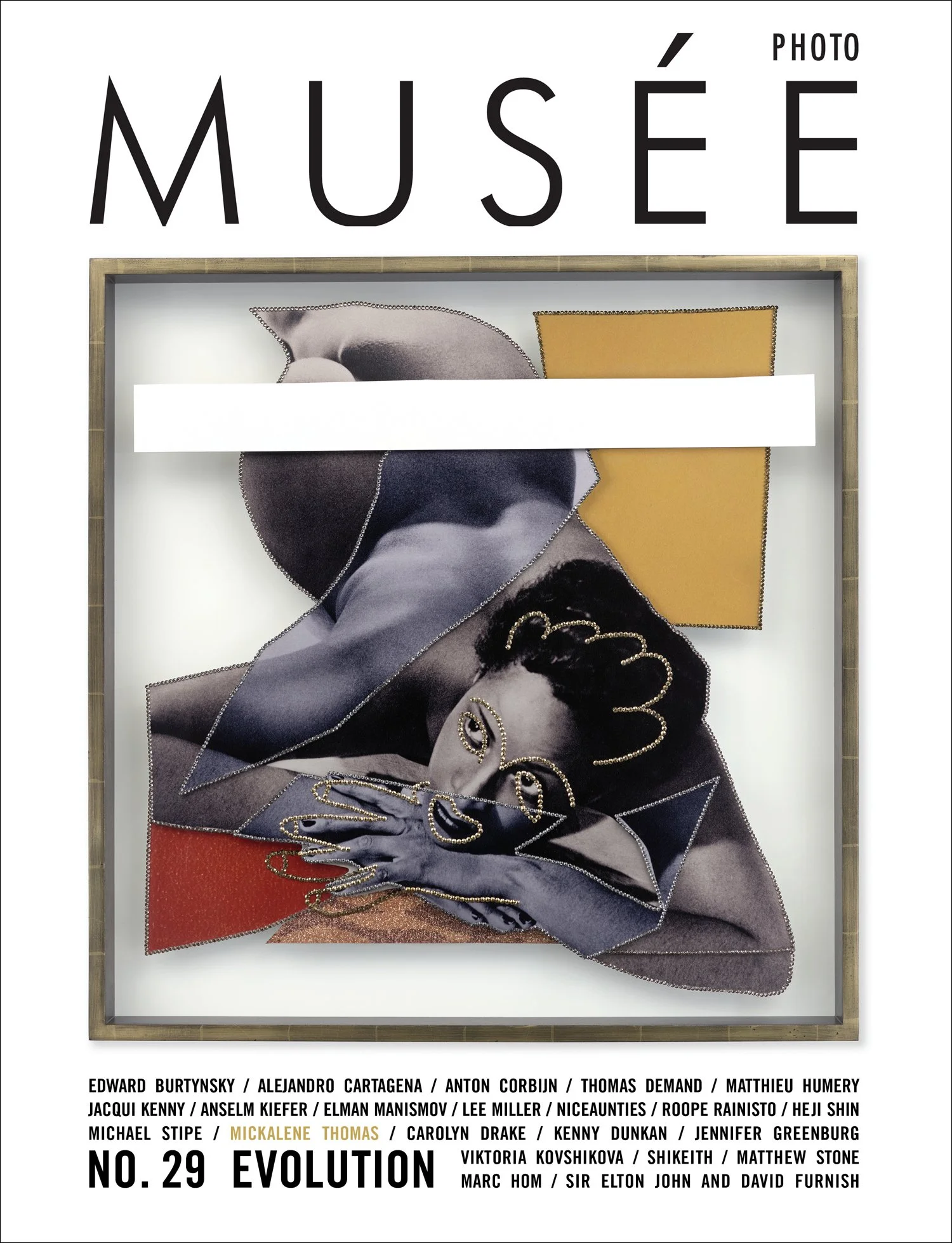Film Review: Grâce à Dieu / Grace of God
Mandarin Films / Scope Pictures
By Erik Nielsen
“This is not about faith, this is about morality.” says Denis Menochet’s “Francois”. He is now grappling with the aftermath of decades-long repression of sexual abuse from a clergyman. Unfortunately, there are so many other men living with the same trauma and have attempted to step forward but have had their progress hindered by people who think their claims are an attack on god but in reality, it’s about bringing justice to those who abuse their authority. Francois Ozon’s By The Grace of God is not unlike Spotlight but is less concerned with the journalists who publish the story and instead focuses on the repercussions of lost faith, how one’s interior life is forever altered by trauma and the fallout of a community that has turned a blind eye to abuse.
The opening shot of Grace shows a priest awakening at early dawn, stepping out on his balcony on a mountaintop that overlooks the city of Paris. He’s dressed in full religious garb while he holds a cross high in the air just as the sun is rising, the shadow of the cross and church loom large over the city quite literally but also operates as an appropriate metaphor - foreshadowing the troubles of what’s to come for the victims of sexual abuse who step forward and are ignored or questioned by the public.
Mandarin Films / Scope Pictures
This true-to-life movie, ripped from the headlines, smartly operates as a three-part character study and shows us how each man dealing with the trauma represents the myriad of ways in which people react to abuse, and how that shakes their faith. The first is Alexandre (Melvil Poupaud), the well-to-do media advisor with five kids, a wife, and a beautiful home. He’s only recently gotten the courage to reveal his abuse due to one of his close friends confessing he was touched by Cardinal Preynat (Bernard Verley) back when they went to youth camp. His trauma is insulated, he’s soft-spoken with a hesitant stare, not moving by way of anger towards his abusers but curiosity. After meeting with the Cardinal Barbarian (François Marthouret) who was in charge at the time of the abuse - the cardinal schedules a confrontation with Alexandre’s abuser. In a scene in which might’ve been more powerful as a metaphor but instead becomes quite terrifying because of its physicality - Alexandre joins hands with Preynat in prayer after he admits to remembering and confessing to the abuse. Alexandre is shocked that Preynat could even ask him this but somehow, Alexandre remains faithful. It’s not an act of forgiveness on his part - as he slowly realizes the weight of the situation - but, humility.
It’s not long before Alexandre’s actions and talk of holding Cardinal Preynat responsible make their way through the community. Francois is the most exuberant of the bunch and is the one who ignites the spark. He’s given a new sense of purpose as he hears that Alexandre came forward but took no legal action. The film smartly shows him as the impromptu leader who begins to rally against the abuse and builds momentum toward leveling legal actions against the church for not taking any responsibility in harboring a priest who moved with impunity for three decades. His character also emphasizes the necessity for a strong support system. Many victims are left to deal with their shame alone, which eats away at their soul. It isn’t until Francois starts to form a group and attack the church that fifty other men step forward and admit to being abused by Preynat.
Mandarin Films / Scope Pictures
Then there’s the brilliant “Emmanuel” (Swann Arlaud) he’s the one who is the most clearly afflicted and angry, while also giving the strongest performance of the film. He’s always drinking, he’s hot-tempered and cannot connect with other people. Having little to no meaningful relationships now because of the trauma endured he still lives at home with his mother. His story is one we can rally behind as well because as the abused move closer to their end goal, he begins to fill with joy. He now has a new group of friends and a new sense of freedom from his past. He wants to be a beacon for all those like him, who have lived with the shame and never received any kind of help.
Ozon’s storytelling ability is immaculate as he weaves these three characters together like a track runner, passing the baton off without hitting a misstep or breaking the rhythm. The narrative surrounding the scandal unfolds organically and never feels like it's rushing in the information.
French priests tried to stop this film from being released back in February. It’s a painful reminder that the church is willingly abusing their power and would like the public at large not to know of it, not moving by way of divinity and strength but out of fear, a fear that they may lose what power they have over their followers and instead, hide behind a centuries hold trust that is still, at its core, one of the fundamental parts of the French community and that is, the church itself.










